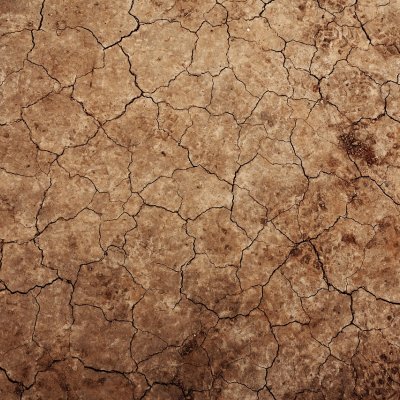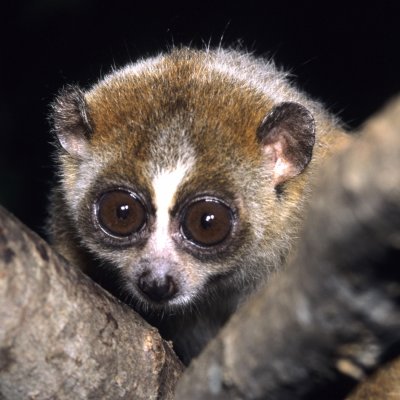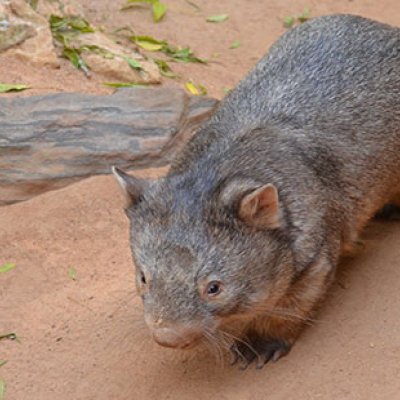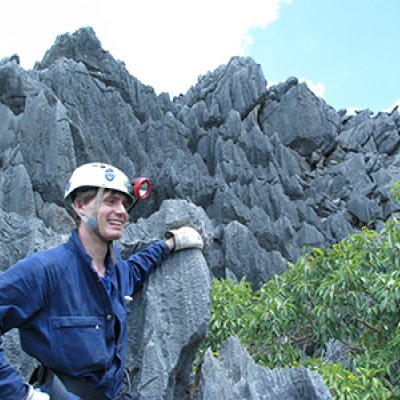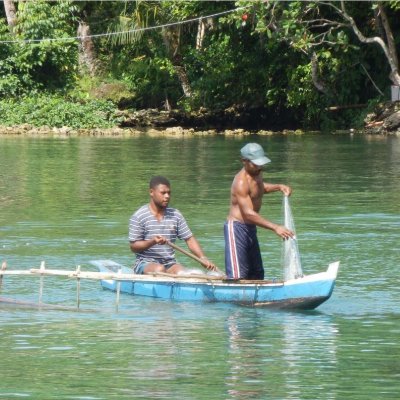Mega-droughts – droughts that last two decades or longer – are tipped to increase thanks to climate change, according to University of Queensland-led research.
30 October 2020Research into the toxin of the world’s only venomous primate, the slow loris, is shedding light on the potential origins of the allergic qualities of cats.
5 February 2020Flexible jaws may help wombats better survive in a changing world by adapting to climate change’s effect on vegetation and new diets in conservation sanctuaries.
5 November 2019The fossils of two extinct mice species have been discovered in caves in tropical Queensland by University of Queensland scientists tracking environment changes.
24 September 2018Millions of people who depend on fisheries will benefit if targets to protect coastal marine areas in reserves are doubled or trebled.
6 January 2017Joshua Soderholm loves a good thunder storm. It means he can head into the field and collect data for a University of Queensland research project that could lead to more accurate warnings of South East Queensland’s unpredictable and destructive...
25 November 2013A new article in the international scientific journal Conservation Biology shows that Australia’s most endangered species are extremely poorly represented in the nation’s protected area system.
3 November 2010